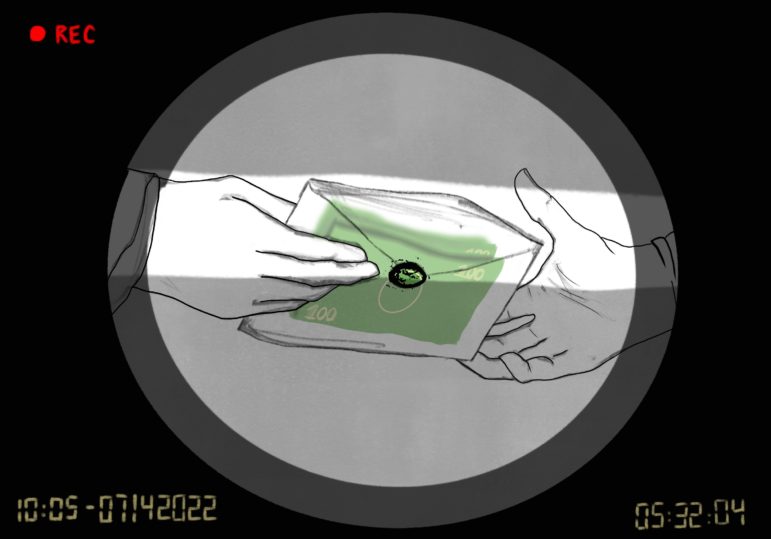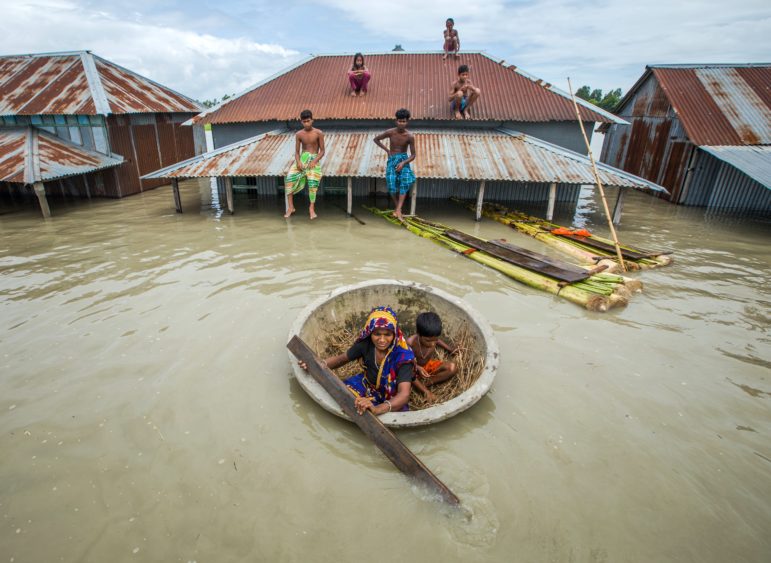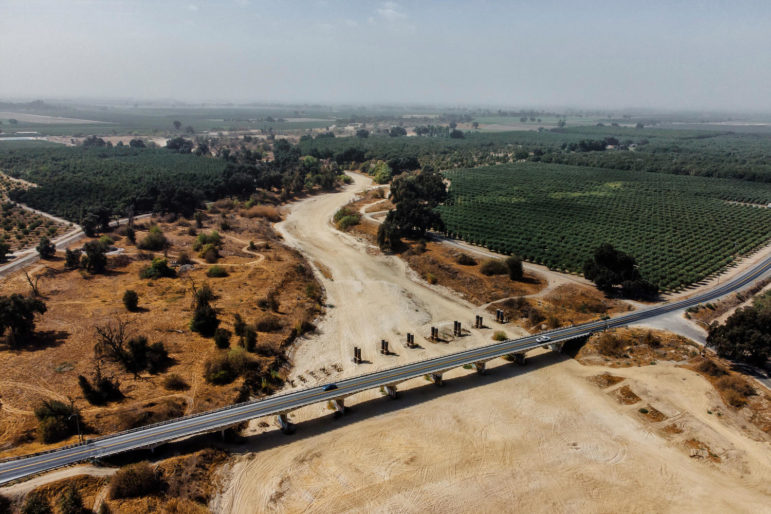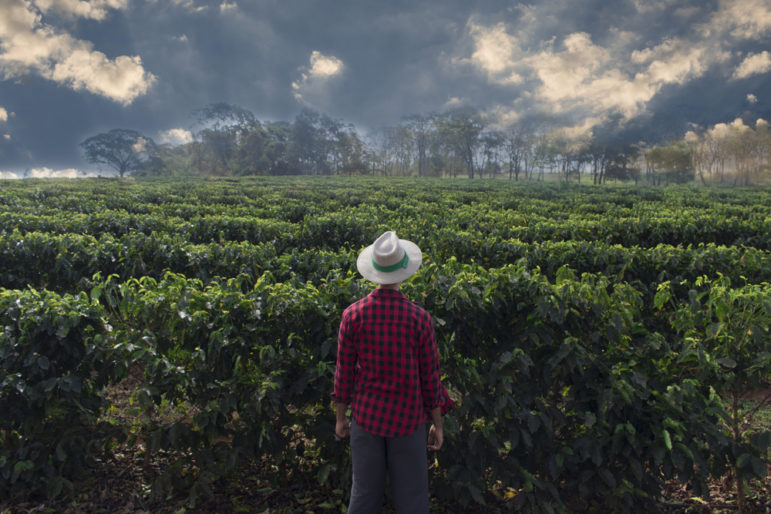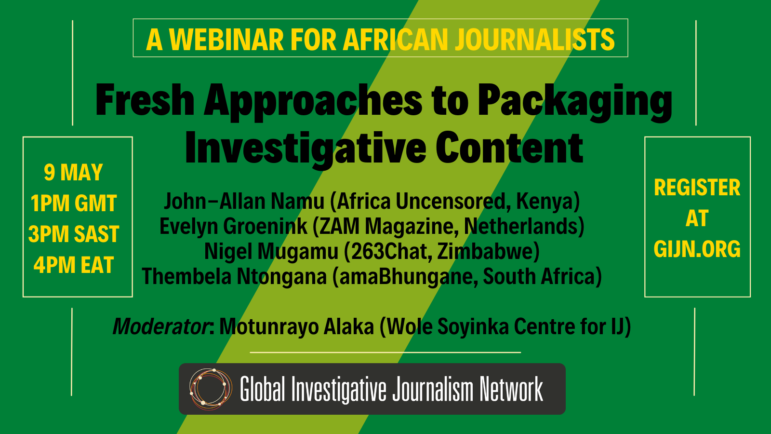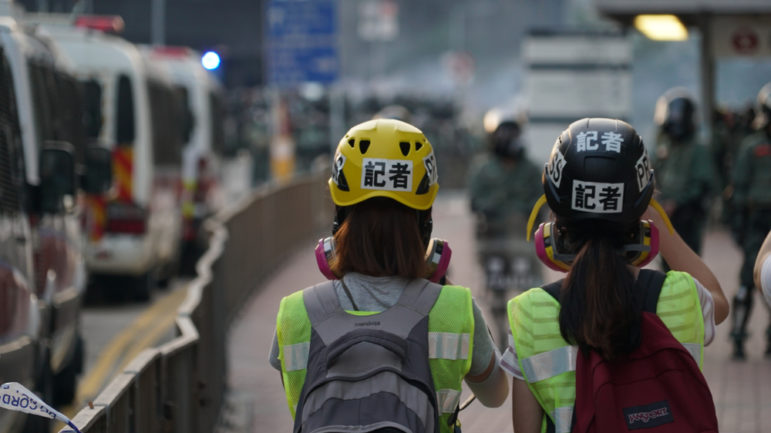
News & Analysis Press Freedom
Understanding the Impact of Journalism Inside Authoritarian Regimes
Conditions for journalists in authoritarian countries are challenging and often dangerous. In light of these challenges, journalists and donors need to widen their understanding of the less traditional ways journalism generates impact.



